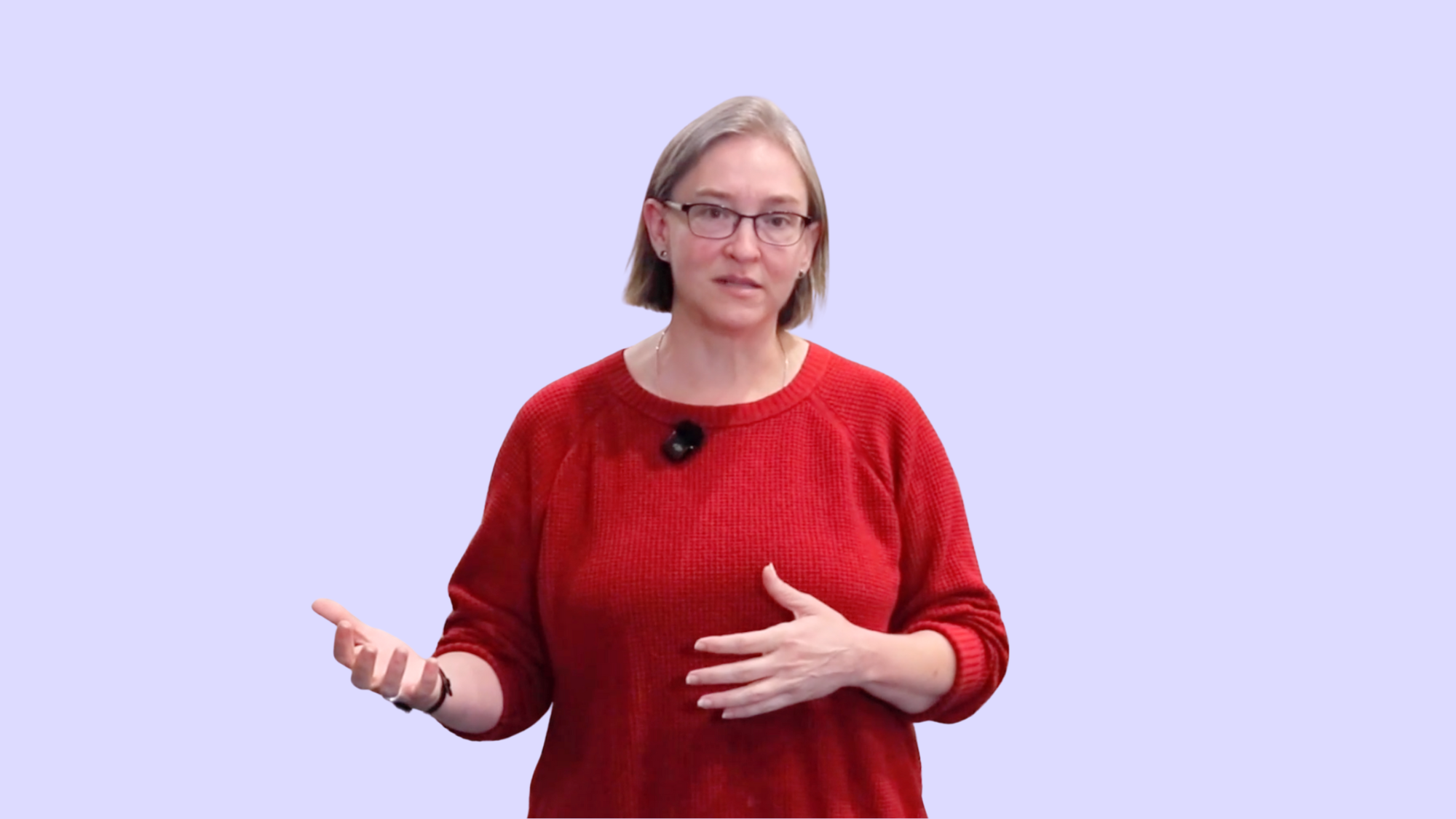There has been a great deal of recent media commentary on inter generational unfairness, much of which misleadingly argues that affluent older Canadians are benefiting from current economic and social arrangements at the expense of youth.
Not to be misunderstood, young adults today are getting a raw deal when it comes to high levels of student debt, their immediate job market prospects compared to those of the baby boomers, and high housing prices.
The transition from education to stable and well-paid employment is much more prolonged and problematic than used to be the case due to the ongoing increase in insecure and low-paid jobs.
But that does not mean that all seniors and those who are about to enter their retirement years are flourishing. There are huge inequities within different generations which far outweigh inequities between generations.
The median pre tax income income of senior families in 2012 (half had more and half had less) was $55,800, and just $28,400 for single elderly men and $24,600 for single elderly women. One in eight seniors (12.1%) lived in low income, defined as having an income of less than half the median of a household of the same size.
For all of that talk of rich pension plans, one in three seniors (32%) qualify for some support from the Guaranteed Income Supplement (GIS) to Old Age Security (OAS) , meaning that they have non OAS income of less than $17,058 in the case of singles and less than $22,560 in the case of couples.
One third of the income of seniors, and one half of the income of single women seniors, comes from public pensions as opposed to earnings, workplace pensions, RRSPs and other private savings.
The reality, then, is that a significant minority of today’s seniors are far from affluent. And there is substantial evidence that many of those about to enter their senior years will face large declines in their standard of living due to the ongoing erosion of workplace pension plans and low savings rates.
Despite the talk of inter generational inequity in government spending, public pensions in Canada (the Canada Pension Plan (CPP) plus OAS and GIS) replace only a modest proportion of average wages (about 40%) compared to other advanced economies.
OAS and GIS benefits will increase from just 2.3% to 2.8% of GDP between now and 2033 according to the chief actuary. When it comes to the CPP, each generation now more or less pays for its own benefits, and premiums are not expected by the chief actuary to increase due to population ageing.
It is simply not the case that younger Canadians are being heavily taxed or will be more heavily taxed down the road to pay for the modest public pensions of seniors.
The argument that seniors are thriving at the expense of young people as a whole also ignores the large transfers of wealth that take place within families. The children of the affluent tend to have low levels of student debt and can often look forward to large bequests of housing wealth, while the children of the non affluent struggle to afford post secondary education and to gain a foothold in the housing market.
Again, inequity within generations is a more important issue than inequity between generations.
The inter-generational fairness theme is often used to justify public spending cuts to reduce the “debt burden” on future generations. This ignores Canada’s very low level of public debt, and the fact that experts such as the Parliamentary Budget Officer see federal finances as sustainable, meaning that tax increases will not be required to fund future spending.
More importantly, this argument gets in the way of the public investments we need to make today to secure a better future for today’s youth and future generations. We could and should be investing more in the education and skills of youth, in research and development, and in the measures needed to ensure environmental sustainability.
We should be very concerned about the present situation of youth and our social, economic and environmental future. But we should not fall into the trap of blaming rich and selfish seniors for our problems.





